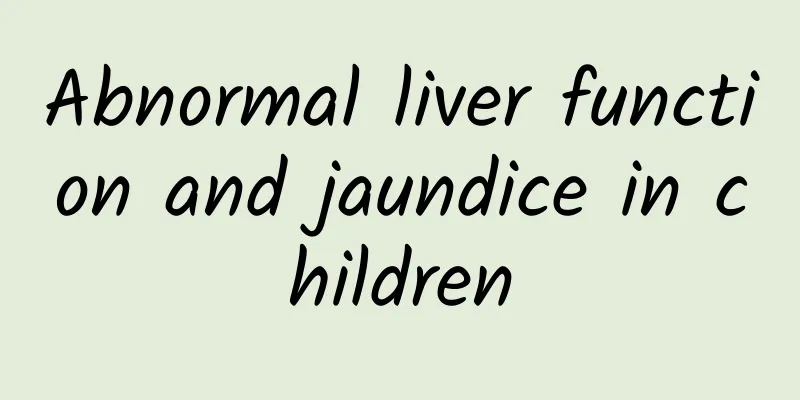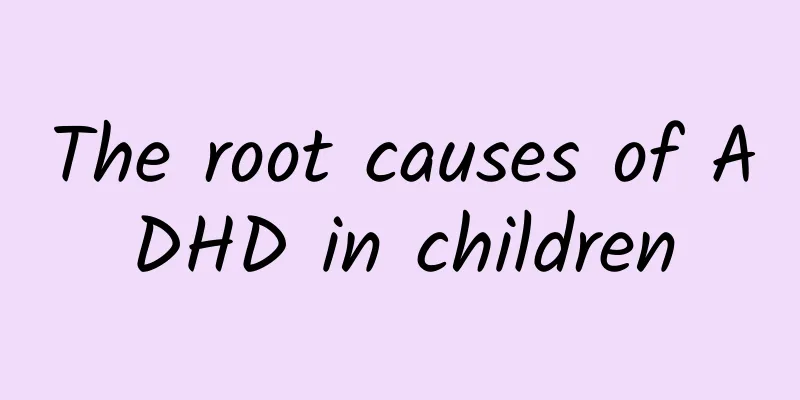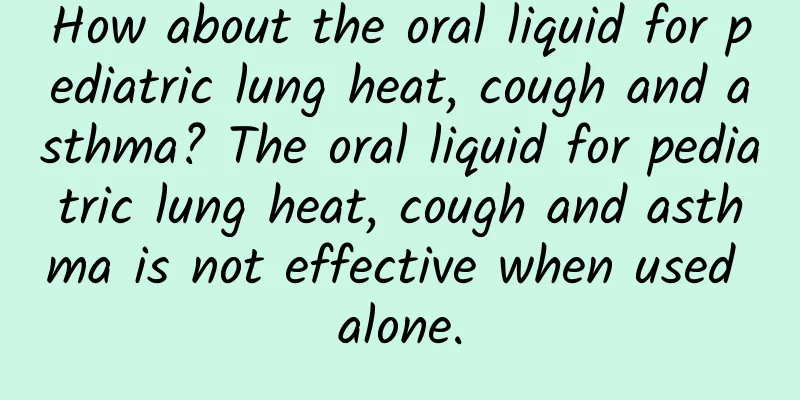Abnormal liver function and jaundice in children

|
Abnormal liver function accompanied by jaundice in children may be related to liver disease, infection, genetic metabolic disease and other factors. Children should be taken to the hospital for examination as soon as possible to identify the cause and take targeted treatment. Common influencing factors include genetics, infection, drugs or diet problems, which need to be treated symptomatically. 1. Genetic and metabolic diseases Abnormal liver function and the occurrence of jaundice may be related to certain genetic metabolic diseases, such as congenital biliary atresia, glucose-6-phosphate dehydrogenase deficiency (G6PD deficiency), or hepatic storage diseases. These diseases can cause impaired liver function, resulting in the inability to metabolize bilirubin normally, and then the symptoms of jaundice appear. If there is a similar medical history in your family, you need to explain it to your doctor to help with diagnosis. In terms of treatment, congenital biliary atresia requires early surgery such as the Kasai procedure, and G6PD deficiency requires avoiding oxidative drugs and foods, while following the treatment recommendations of your pediatrician. 2. Infectious factors Viral hepatitis such as hepatitis A, B, and C is one of the important causes of abnormal liver function and jaundice in children. These viruses infect liver cells, weaken their function, and lead to bilirubin metabolism disorders. The symptoms of early hepatitis may be hidden, but they can be diagnosed through liver function tests and viral marker tests. Treatment usually includes antiviral drugs such as entecavir or interferon therapy or immunomodulatory drugs. In terms of prevention, timely completion of hepatitis vaccination in infancy is very important. 3. Influence of drugs or poisons Some drugs, such as antibiotics, antipyretics, analgesics or poisons, may damage the liver of infants and young children, causing abnormal liver function and jaundice. These drugs can cause liver cell toxicity, interfere with bilirubin metabolism, cause it to accumulate in the blood, and cause jaundice. Treatment requires immediate discontinuation of related drugs, and the use of liver-protecting drugs such as reduced glutathione or polyene phosphatidylcholine under the guidance of a doctor. Parents should be cautious when using drugs and follow the doctor's advice. 4. Diet and malnutrition Some newborns or young children may develop jaundice due to unreasonable feeding methods, especially breast milk jaundice or feeding jaundice. Breast milk jaundice is usually related to maternal hormones interfering with bilirubin metabolism. The treatment method is usually to follow the doctor's advice to adjust the feeding plan, such as stopping breastfeeding for a short time or increasing formula milk, while keeping the baby's nutrition adequate. It is very important to detect jaundice in children in time and go to the hospital for examination, because delayed treatment may cause irreversible damage to the liver and other organs. If the child's skin or whites of the eyes are found to be yellow, they should seek medical attention immediately, conduct comprehensive tests on liver function, viral infection indicators and genetic disease factors, identify the cause of the disease, and adopt personalized treatment plans for the problem. Parents need to closely observe the development of their children's condition and strictly follow the doctor's treatment recommendations. |
<<: What are the symptoms of chronic mumps
>>: What cough medicine should children take for bronchial pneumonia?
Recommend
What are the early symptoms of pneumonia in children?
Early symptoms of pneumonia in children include f...
Symptoms of Kidney Disease in Children
There are many symptoms of nephrotic syndrome in ...
What are the sequelae of pneumonia in children
Pneumonia in children has no obvious sequelae, bu...
What medicine is better for babies with severe bronchitis cough? How to treat babies with severe bronchitis cough?
The cough symptoms caused by bronchitis are quite...
What is the cause of Hirschsprung's disease?
The main cause of Hirschsprung's disease is t...
What foods should adults with hand, foot and mouth disease eat
Hand, foot and mouth disease in adults can be rel...
Why does a child keep coughing when sleeping?
If a child keeps coughing while sleeping, it is l...
How to prevent children from catching a cold? Here are some ways to prevent children from catching a cold
Colds are a common problem among children. Since ...
How to treat baby's tonsillitis How to treat baby's tonsillitis
Tonsillitis is a common problem. Parents don’t ne...
What is the best way to treat baby's allergic eczema?
Once baby allergic eczema occurs, it needs to be ...
16.6 Is neonatal jaundice serious?
16.6 Is neonatal jaundice serious? Neonatal jaund...
Can the sequelae of polio be cured?
In life, polio is a common disease that brings se...
What is Kernicterus
Kernicterus is actually a severe form of neonatal...
How to deal with diarrhea in infants and young children
Infant diarrhea is not unfamiliar to many friends...
How long does it take for a child to recover from a high fever convulsion?
Children have a relatively weak constitution, so ...









